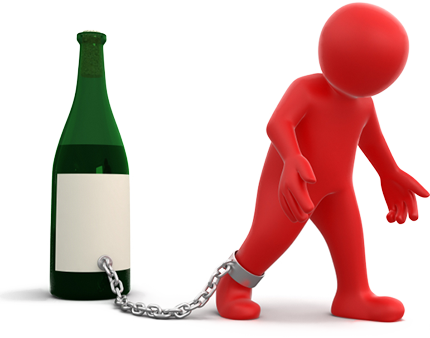Definition of Alcohol-Related Problems
Defining drinking problems is complex and confusing. Below are some common definitions used in our society today. the dsm-5 (a manual used to diagnose drinking problems) provides updated information about drinking problems. A list of criteria can be found here: www.niaaa.nih.gov
Alcoholism
Alcoholism, or alcohol use disorder, refers to someone who is physically dependent on alcohol. This means that the person’s brain and body need alcohol in order to feel normal. When the person goes too long without having a drink, their body goes into withdrawal, which is a condition where a person becomes extremely sick (has irregular heart beats, profuse sweating, body shakes, tremors, episodes of vomiting, etc.). So the person cannot quit “cold turkey” without medical or psychological help, as going through withdrawal can be very dangerous, even deadly.
Alcohol abuse
Alcohol abuse occurs when an individual drinks more alcoholic drinks or more often than the person intends to, and starts losing control of the drinking. This can lead to all sorts of problems like: (1) Not being able to wake up and go to work, (2) Being sick with a hangover or being too drunk to drop children to school or properly take care of them, (3) Being in a bad or angry mood and picking fights with family members and/or friends, and/or (4) forgetting important things that needed to be done. Individuals who abuse alcohol are not necessarily dependent on alcohol, and their drinking patterns are not regular; in fact, a person who abuses alcohol can go days or weeks without drinking at all. It is when the person is drinking that the problems happen. Alcohol abuse can lead to alcohol dependence over time, but not always.
Binge drinking
Binge drinking is the most common type of alcohol abuse. This occurs when a person drinks more alcohol than the body can tolerate in one drinking session (5 or more drinks for men; 4 or more drinks for women). During an alcoholic binge, a person becomes very intoxicated which affects both the person’s mind and body. This can lead to poor decision-making and harmful consequences for both the individual and those around them. Between binges, the person drinks very little or nothing at all (can be days or weeks at a time). Oftentimes, people will binge drink out of habit, which can be difficult to change. Violence, suicide, family and work problems, injuries, etc. are common outcomes of binge drinking.


